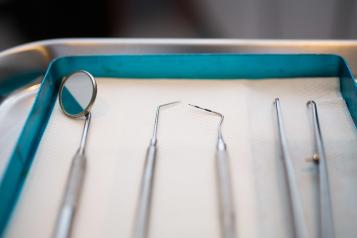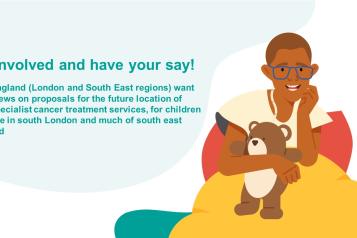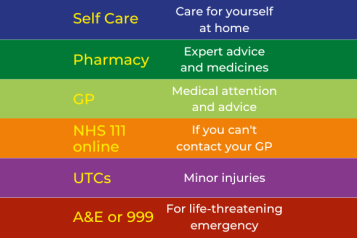What is Monkeypox? What are the symptoms?

The UK Health Security (UKHSA) is investigating a number of cases of monkeypox in England. UKHSA is rapidly investigating the source of these infections because the evidence suggests that there may be transmission of the monkeypox virus in the community, spread by close contact.
Key public health messages
Monkeypox is a rare infectious disease, but there are a number of cases in the UK. That number is rising.
Monkeypox is a viral infection usually associated with travel to West Africa. It is usually a mild self-limiting illness, spread by very close contact with someone with monkeypox and most people recover within a few weeks.
The virus can spread if there is close contact between people and the risk to the UK population is low. Anyone can catch and pass on Monkey Pox. However, recent cases have been detected in gay, bisexual and other men who have sex with men. We advise these people in particular to be alert to any unusual rashes or lesions on any part of their body, especially their genitalia, and to contact a sexual health service if they have concerns.
Symptoms
• Unusual rashes or lesions on the body such as the face or genital area
• Fever
• Muscle aches
• Chills and exhaustion
• Headaches
• Swollen lymph nodes
Call to action
If you think you have monkeypox symptoms – however mild:
- Contact NHS 111 or call a sexual health clinic immediately. Your call will be treated sensitively and confidentially.
- Avoid close personal or sexual contact with others until you have had a clinical assessment
Please contact clinics ahead of your visit and avoid close contact with others until you have been seen by a clinician. Your call or discussion will be treated sensitively and confidentially.


